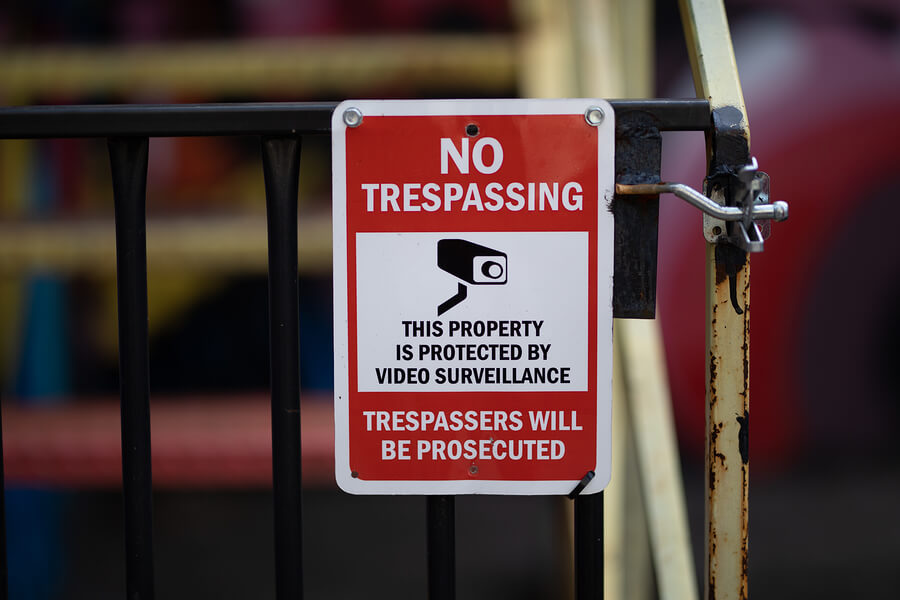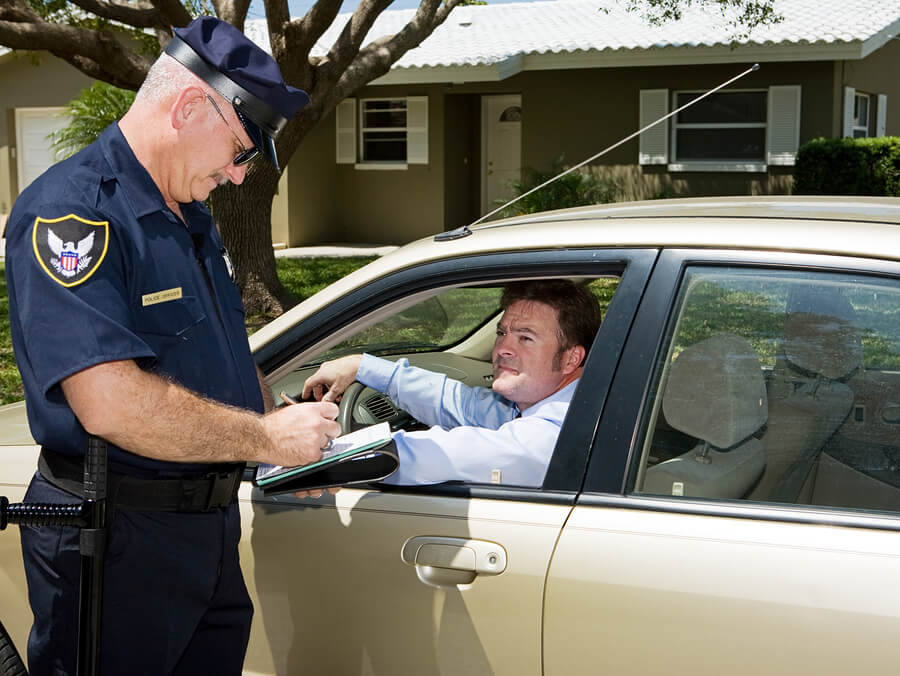A long-ago arrest and charge may be preventing you from getting employment, from obtaining housing (or evicted from public housing), and even student aid. Although most employers may go back seven years, there is no law prohibiting anyone from doing a complete criminal background check going back many more years.
Many people believe that after a certain point, a dismissal or a charge that didn’t lead to a conviction will simply “fall off” your record. This may be true of items on a credit record, but a criminal record is an entirely different matter. Unless you specifically petition the court to have something expuncted (also called “expunged”), that charge, arrest, or minor conviction will stay on your record forever.
It is possible to have a previous North Carolina criminal record expuncted. If you are successful, you can answer the question of a criminal record with a confident “no.”
What Is Expunction?
 It’s the process by which you request that the court eradicate a past charge, arrest, and in some cases, convictions. The request is made to a judge in the court where the arrest occurred, who reviews your records and makes the determination. If approved, the criminal record is destroyed by court order.
It’s the process by which you request that the court eradicate a past charge, arrest, and in some cases, convictions. The request is made to a judge in the court where the arrest occurred, who reviews your records and makes the determination. If approved, the criminal record is destroyed by court order.
Note that this isn’t the same thing as a pardon, which is an order signed by the governor. An expunction is signed by a judge.
The UNC School of Government has a web-based tool called C-CAT that offers information on criminal convictions, and an additional site that includes information on expunction. They are for information only and do not offer legal advice.
What Charges Can Be Eliminated
Not all charges can be expuncted, and there are waiting periods for some convictions. Generally, you can request an expunction for:
- A first-time conviction of a nonviolent offense
- A first-time conviction of certain offenses committed before age 18/22
- A charge that was dismissed or ruled as not guilty
It’s estimated that around 25% of North Carolina residents have some kind of criminal record, and many are eligible to take advantage of expunction. Even though the strict criteria limits the number of eligible cases, very few eligible people actually avail themselves to the expanded opportunities for expunction. It’s worth it to discuss the possibility with a Raleigh criminal defense attorney who understands the rules and laws around expunction.
Under North Carolina state law, (§15A-145.5(a)(8a)). DWI convictions are specifically excluded from expunction (as well as felony convictions that include violence.) DWI convictions can no longer be expuncted, no matter how old they are. Violent crimes as well as other more serious crimes are also ineligible for expunction.
The complete statute for North Carolina §15A-145 regarding expunction is available here.
Reduced Waiting Periods
The recent changes in the law mean that:
- For a nonviolent misdemeanor, the waiting period is now five years
- For a nonviolent felony, the waiting period is now ten years
- Dismissals can be expuncted immediately since there is no time or number limit on them. Any number of dismissals can be expuncted. However, the North Carolina Bureau of Investigation is currently experiencing a backlog of cases since the law was passed.
- These dismissals can be expuncted as long as the individual has not been convicted of a felony.
Some types of charges have filing fees involved, so check with the clerk of court prior to filing.
While it may be possible to request to have a criminal record expunged on your own, consult with an attorney who understands the process and can discuss your case and your chances of a successful outcome.
Ready To Let Go Of A Previous Charge?
Don’t let a previous arrest, charge or conviction stop you from living your life. Find out if you are eligible for expunction so you can finally be free of the past.
Dewey P. Brinkley has defended thousands of clients against various criminal charges and helped many with the expunction of a long-ago minor criminal record. Contact our Raleigh law office today at (919) 832-0307 (or use our online contact form) for a free consultation.


 For a single offense, you can lose your license for:
For a single offense, you can lose your license for: It is possible to receive jail time—and incur a criminal record—for not paying your state taxes.
It is possible to receive jail time—and incur a criminal record—for not paying your state taxes. The
The 
 Cyberstalking can also be from different individuals known to the victim, such as neighbors, friends of friends, relatives, or coworkers, or may even be strangers. Whatever the case, an individual who is a target of cyberstalking finds themselves experiencing a persisting and strategic campaign of different types of online abuse intended to harass, threaten, and humiliate an individual to control and intimidate a victim. Other forms of abuse include financial abuse and an attempt to isolate the victim from supportive family and friends.
Cyberstalking can also be from different individuals known to the victim, such as neighbors, friends of friends, relatives, or coworkers, or may even be strangers. Whatever the case, an individual who is a target of cyberstalking finds themselves experiencing a persisting and strategic campaign of different types of online abuse intended to harass, threaten, and humiliate an individual to control and intimidate a victim. Other forms of abuse include financial abuse and an attempt to isolate the victim from supportive family and friends.

 As of December 2019, anyone under the age of 18 is considered a juvenile. The state’s “Raise The Age” initiative took 16- and 17-year old out of the adult court for most misdemeanors and moved them into the juvenile justice system. So now this age group has the chance for a “clean slate” at the age of 18, and the chance to start over, just as if they were 15 and under.
As of December 2019, anyone under the age of 18 is considered a juvenile. The state’s “Raise The Age” initiative took 16- and 17-year old out of the adult court for most misdemeanors and moved them into the juvenile justice system. So now this age group has the chance for a “clean slate” at the age of 18, and the chance to start over, just as if they were 15 and under.